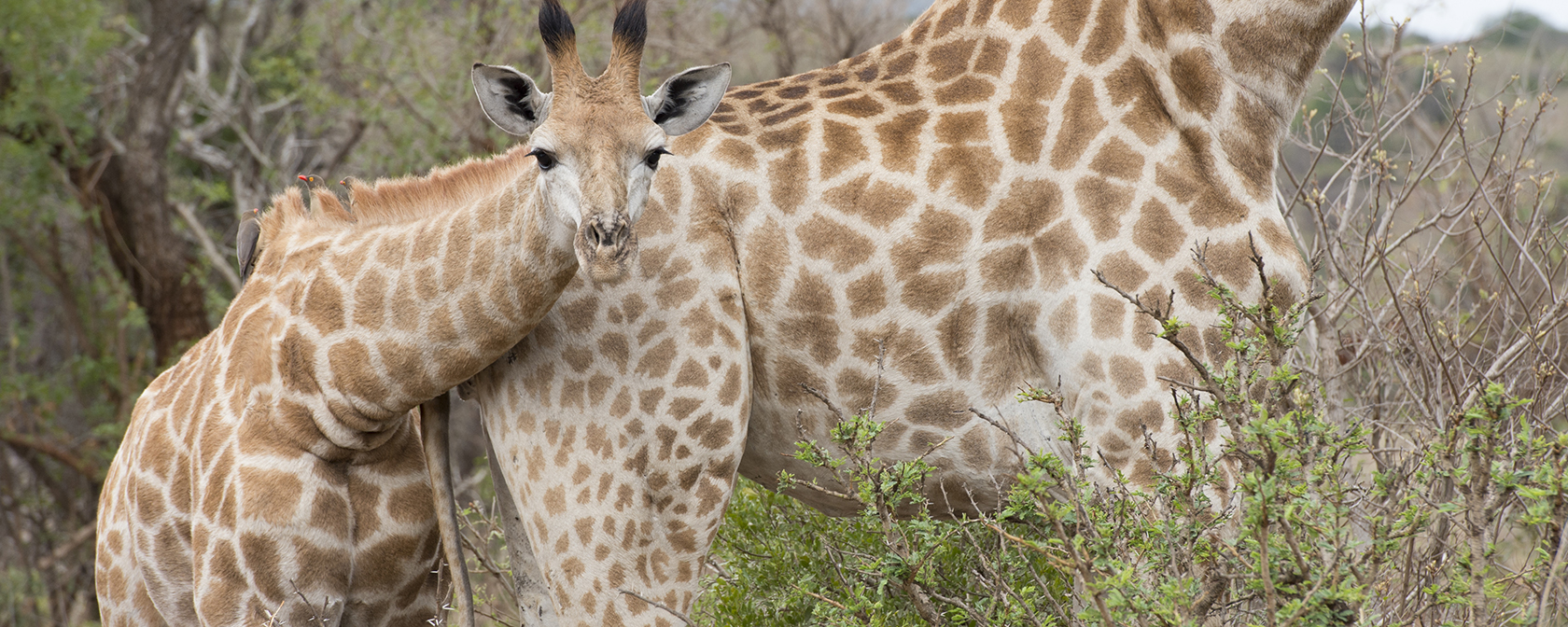By Sara Amundson and Kitty Block
Giraffes, with their iconic long necks and unmistakable, beautifully patterned coats, are facing extinction. There are currently fewer than 69,000 mature individuals remaining in the wild today. And the threats of habitat loss and illegal hunting for bushmeat are only exacerbated by demand for giraffe trophies and other products traded internationally.
The U.S. is partly to blame. Americans are importing giraffe body parts from trophy hunts, as well as giraffe bones, skins and other parts for commercial trade at alarming rates. There are currently no federal protections to stop them.
Today, Humane Society International and the Humane Society of the United States, in coalition with another conservation organization, are bringing the U.S. Fish and Wildlife Service to court for failing to act on our 2017 petition to provide protections for the beloved species under the Endangered Species Act. Giving giraffes protections under the Endangered Species Act, as requested by our petition, would provide much-needed federal oversight over giraffe imports to the U.S. and only imports that can be shown to benefit the survival of the species would be allowed.
Between 2006 and 2015, more than 40,000 giraffe products were imported into the U.S., including 3,744 giraffe hunting trophies—on average, more than one per day. These imports also included 21,402 giraffe bone carvings, 4,789 bones and 3,008 skin pieces, parts used to create grotesque products like knife handles, giraffe skin pillows and even Bible covers, as revealed by a 2018 HSUS/HSI undercover investigation.
For years, we have worked to increase protections for giraffes, both domestically and internationally. In 2018, we brought the FWS to court for failing to make an initial determination on our petition. In early 2019, the agency agreed with us that giraffes may qualify for endangered species protection.
While this was a necessary first step, the agency still has to make a final determination on whether to propose endangered species protections for giraffes. By law, that decision was due in April 2018—12 months after we filed our petition—yet the agency continues to drag its feet. It still hasn’t afforded giraffes long overdue endangered species protections. Today’s lawsuit challenges the FWS’s failure to take timely action on giraffes.
While giraffes have thankfully received some international protections in recent years, those protections are proving insufficient on their own. After significant work by HSI, HSUS and others, giraffes were listed under the Convention on International Trade in Endangered Species of Wild Fauna and Flora, also known as CITES, in 2019. This listing put in place monitoring and regulations on the international trade in giraffes and products derived from them. However, several major African countries that are exporters of giraffes objected, saying they won’t implement the export permits and safeguards required by the CITES listing. Sadly, we know this CITES listing has done little to address the U.S.’s contribution to giraffes’ perilous position.
This underscores the urgent need for the FWS to take action to ensure that American imports of giraffe trophies and international and domestic trade in giraffes does not continue to threaten the survival of this iconic species. Listing giraffes as “endangered” under the Endangered Species Act will showcase the U.S. as a leader in the conservation of giraffes, further draw attention to this long-neglected species and make additional conservation funding available. The listing will put in place crucial safeguards for the species that will help balance the lack of adequate protections in many of the countries where they roam. An “endangered” listing would require the FWS to scrutinize imports and ensure that they enhance the survival of the species. The listing will also regulate interstate trade in giraffe parts, which will help to crack down on the gruesome flow of products found in our investigation.
Giraffes urgently need our help. America's role in pushing this species toward extinction must stop. We are suing the Service today in order to force action on this critical issue before it is too late to save this remarkable species.
Kitty Block is President and CEO of the Humane Society of the United States.




